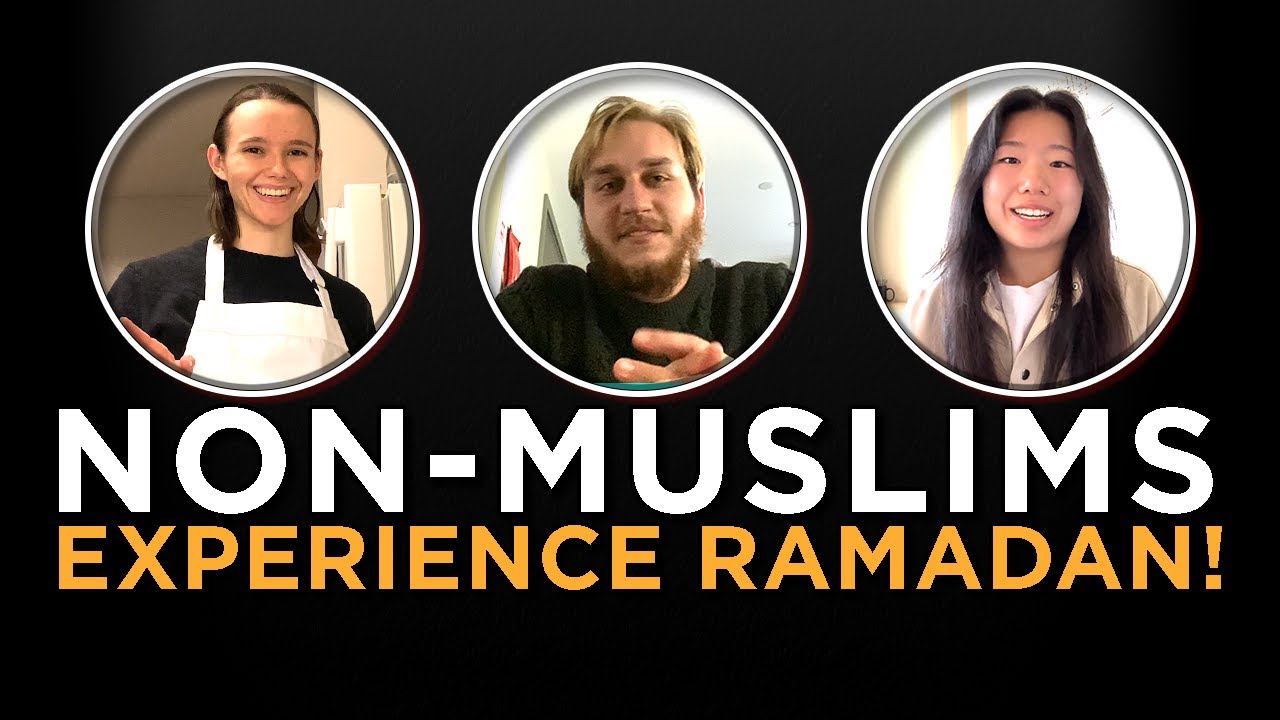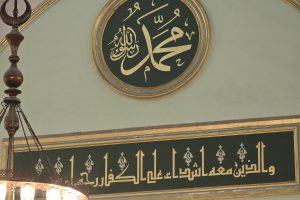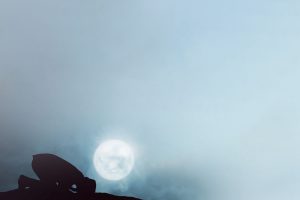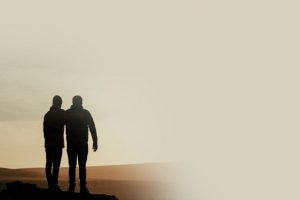
In 2024, under The Review of Religions, the Existence Project began the ‘Ramadan Experience’, a project designed to support non-Muslims in their fasting journey during Ramadan and to help them emerge from this experience with a profound sense of understanding and fulfilment. We asked the participants about their experience and how it impacted them.
Keller Holloway, Belfast, Northern Ireland
During the Ramadan Experience social experiment presented by The Review of Religions, Keller told us that he was ‘exploring religion’. We asked him about the challenge and what kind of effect fasting had on him.
What were your preconceptions about fasting, and in particular, how Muslims fast during Ramadan?
I found the idea of fasting for religion to be quite interesting, as it is only ever pushed in your face about how intermittent fasting or other such fad diets, where people treat it like it’s some sort of punishment, versus in Islam it is not seen as some sort of punishment, it is done to show your connection to and deepen your connection to God.
Have you ever tried any form of fasting, such as intermittent fasting, prior to last year’s experience?
Yes, I had, specifically I had done intermittent fasting for quite a few years.
How did your experience of fasting develop as the days went by? Did you feel any change in yourself and your behaviour or habits?
The first day made me realise how much of my daily habits were around just going to get food, from a small break in between classes to get a snack, to lunch break or an after-school snack. Learning to find new habits to replace those was a challenge. I continued to fast after our initial trial (as best I could) for the rest of Ramadan, and I found myself becoming much more accustomed to the routine as my body adjusted.
What surprised you most from the experience? Did you benefit from it in any way?
I found the number of people who asked me questions about why Muslims fast and about the limitations of the fast really quite interesting. When I first said I was going to be doing this, I had not planned on telling anyone out of not wanting to deal with a possible negative reaction, but I was surprised by the amount of people who were genuinely curious, and how their curiosity forced me to look into developing a better understanding of why Ramadan is so important.
Would you consider fasting again? Why?
I plan on trying to fast during the month of Ramadan again this year! I found the benefits I received from attempting to keep fasting last year well worth the time, and by giving myself that routine, I hope to expand on what the miniature version of Ramadan gave me last year.
Joyce Zheng, Ohio, USA
Joyce Zheng’s parents are Buddhist, and she went to a Catholic school, but religion was never made a necessary part of her life. She has been exploring religion independently in an ‘if it comes, it comes’ type of situation. Despite not committing herself to any religion, she does not consider herself an atheist, and believes there is only One God.
What were your preconceptions about fasting, and in particular, how Muslims fast during Ramadan?
When I first learned about Islam and sawm, or fasting, the idea of going without food and water from dawn to sunset seemed almost unimaginable to me. I wondered how anyone could sustain their energy throughout the day, especially while balancing work, studies, and daily responsibilities. I assumed it would be purely a physical challenge, something that required immense willpower, but I did not initially grasp the deeper spiritual and reflective aspects of fasting in Islam.
Have you ever tried any form of fasting, such as intermittent fasting, prior to last year’s experience?
Yes, prior to last year’s experience, I had fasted once before during my first Ramadan with the welcoming community in Atlanta. That experience was unique because I was surrounded by a strong support system during an internship, making the adjustment smoother. However, last year’s Ramadan was different because I was navigating fasting while managing school, which brought its own set of challenges. The two experiences varied in terms of environment and personal discipline, but both were deeply meaningful in their own ways.
How did your experience of fasting develop as the days went by? Did you feel any change in yourself and your behaviour or habits?
At the start of Ramadan, I was excited and full of energy, eager to take on the challenge. The first few days were about adapting to a new routine of waking up early for suhur [pre-dawn meal], fasting through the day, balancing schoolwork, and preparing for iftar [breaking of the fast]. As the days passed, the lack of sleep and long hours without food or water made it more challenging, but it also became a period of self-discipline and mindfulness. The Ramadan Experience team was incredibly supportive, checking in on me, which helped me stay motivated. Seeing my friends also trying fasting for the first time was inspiring. The sense of community made a significant difference. It reminded me that fasting was not just a personal journey but also a shared experience of faith and reflection.
What surprised you most from the experience? Did you benefit from it in any way?
Both of my fasting experiences reminded me of the reality of those who go without food and water daily. It is one thing to understand hunger in theory, but to experience it firsthand, even in a controlled environment, gave me a new level of empathy. I realised how much we take for granted, including food, water, energy, mental clarity, and overall well-being. Fasting is not just about abstaining. It is about gratitude, patience, and self-awareness. It also pushed me to be more intentional with my time and actions, focusing on prayer, reflection, and self-improvement.
Would you consider fasting again? Why?
Absolutely. Fasting is both a physical and spiritual experience. It offers a chance for reflection, discipline, and connection with Allah, with oneself, and with the struggles of others. It serves as a form of meditation through sacrifice and prayer. Each time I fast, I gain a deeper understanding of gratitude, resilience, and faith. It is a humbling experience that I would gladly undertake again and would encourage others to try as well!




Add Comment